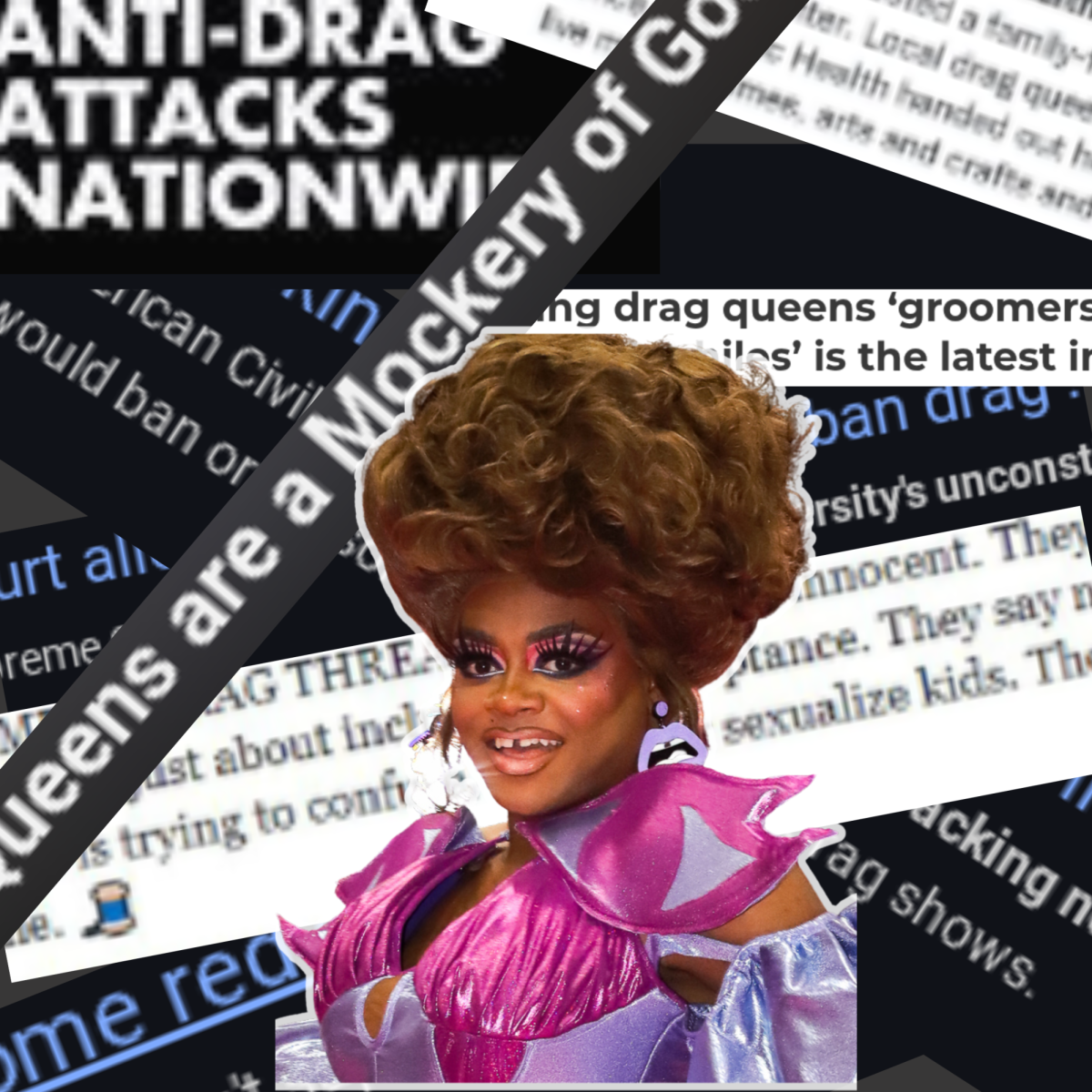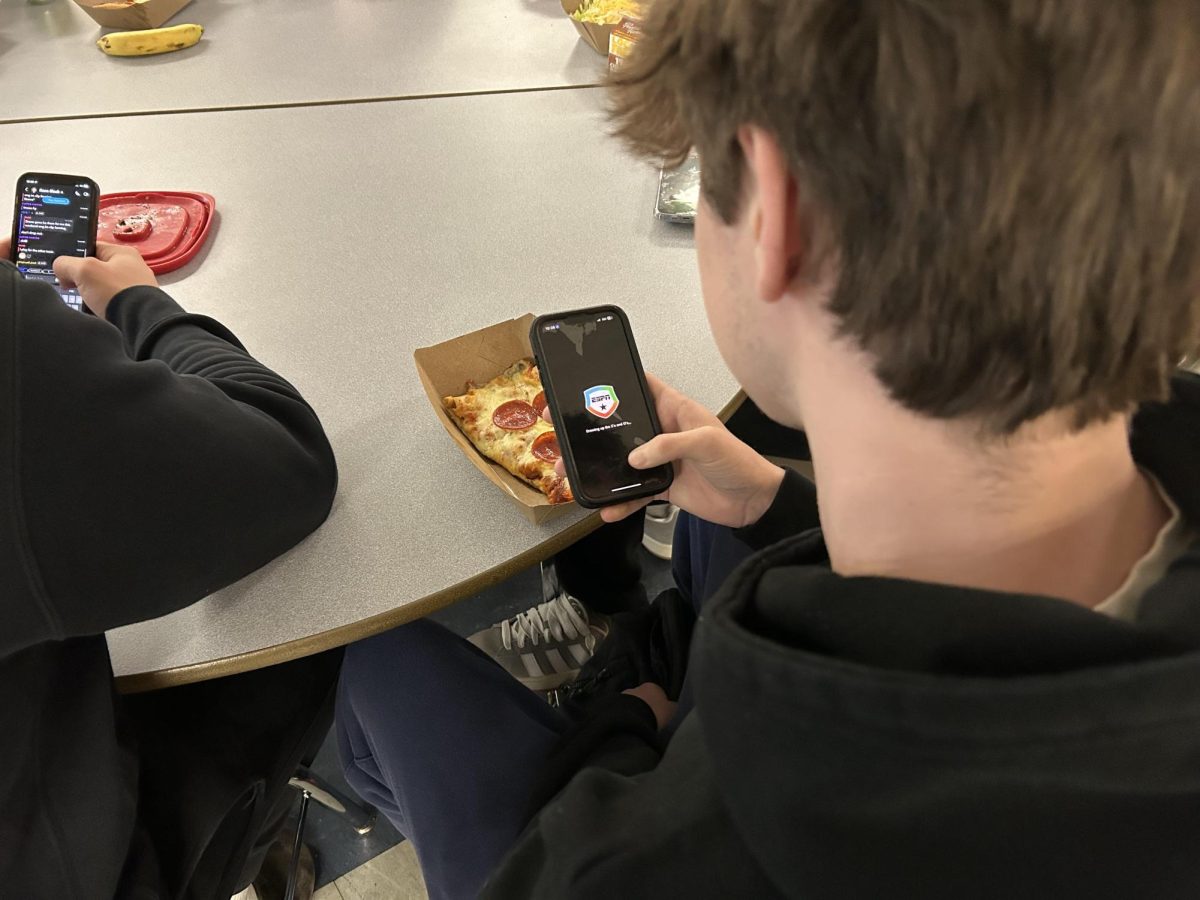
Imagine asking that cute girl from your third block anything and everything about herself; who she likes, what she looks for in a significant other, etc…without her knowing it’s you. Or maybe you want to tell her she looked good today without her thinking you’re incredibly creepy. Ask.fm is a social networking website where this dream comes true; users can ask other users questions, with the option of anonymity.
The founders of Ask.fm, Mark Terebin, Oskars Liepins, Ilja Terebin, Klavs Sinka and Valerijs Vesnakovs admitted to taking the idea from Formspring, an American question-and-answer site, in June 2010, but Ask.fm is immensely more popular, boasting 52 million registered users.
However, despite its success as a social network, the site almost immediately received allegations about multiple instances of cyberbullying. The set-up for bullies is ideal, they simply follow the link their peers post of their accounts and are immediately granted means of ensuring anonymity with whatever comment they send them.
Some students have noted the negative turn on the social media and attempted to make a change. Recently, an anonymous student from Kalamazoo Central High School created a “KC Crushes” twitter page where students could send in things about people they like to the KC Crushes Ask.fm account. This prompted an anonymous Loy Norrix High School student to create a “Norrix Crushes” page with the same features.
“I saw KC crushes and I saw that only good comments about people were being said and that makes people feel good, so I made one,” the anonymous creator said. “I like making people feel great about themselves, even though it’s kind of in an indirect way. I’ve had people post an ask saying ‘this is lame now,’ when I told them I wasn’t posting negative asks, but I don’t care.”
The student explained that about a quarter of the asks they receive are negative and they have to filter out the vulgar, personal ones.
Earlier in 2013, sometime around March, a similar concept erupted with the twitter page “LN Confessions”. The page was also run anonymously but posted everything it was sent via Ask, despite the harmful, vastly personal information that was shared.
Norrix Crushes said about the page, “I didn’t like how if somebody knew something, they would just post it. It’s not other people’s business knowing that stuff, it puts somebody out there, sometimes in a bad way, and I don’t want to do that.”
Lyric Kleber, a junior at Loy Norrix, remembers the whole LN Confessions spectacle.
“When LN Confessions came out, it was pretty demeaning,” Kleber said. “I got my Ask.fm like 3 months ago. It was the newest fad on social media; everyone was starting to do it.”
Although he can understand the negative turn some anonymity can take, Kleber said, “A lot of my Ask is my friends asking me stupid stuff, it’s never really anything bad or hurtful to me.”
Alternatively, freshman Laura Worline was pushed to actually delete her Ask.fm as a result of vulgar questions appearing in her inbox.
“I made it 2 months ago, then deleted it about 2 weeks ago because I kept getting asked for ‘pictures’,” Worline said.
Although there were instances with negativity, Worline has also received multiple anonymous compliments via her Ask.
The organization Ditch the Label conducted The Annual Cyber Bullying Survey 2013 and found that 26 percent of the people who use Ask.fm experienced cyberbullying. Ask.fm CEO Ilja Terebin had to address multiple accusations.
“We have 30 million questions and 30 million answers every single day. To put that into perspective, it is like trying to control Gmail,” Terebin said. “We do have a database of negative keywords and moderators look through them. Then, a decision is made on what action to take. We might make the moderation control even more strict in the future as well.”
The team of founders analyze key phrases such as “kill yourself” and try to see patterns with who sent the “ask”. Terebin said that 90 percent of the time, people send these harsh commands to themselves.
Due to the anonymous aspect, one can’t neglect the possibility that a depressed, attention-deprived teen could send themself an “ask” to attract sympathy from peers.
In the media, negativity prospers. One must assess the actual amount of inappropriateness associated with Ask.fm in comparison to the number of teens who experience little self-esteem boosts with each bit of positivity that surfaces in their inbox. As of now, Ask.fm seems to be an insignificant form of social media by which people can access information or express their opinions, just like through Twitter or Facebook.
Cyberbullying is an issue that is extremely difficult to monitor and until a serious case erupts, Ask.fm seems to be a trivial website that teenagers will soon lose interest in.









